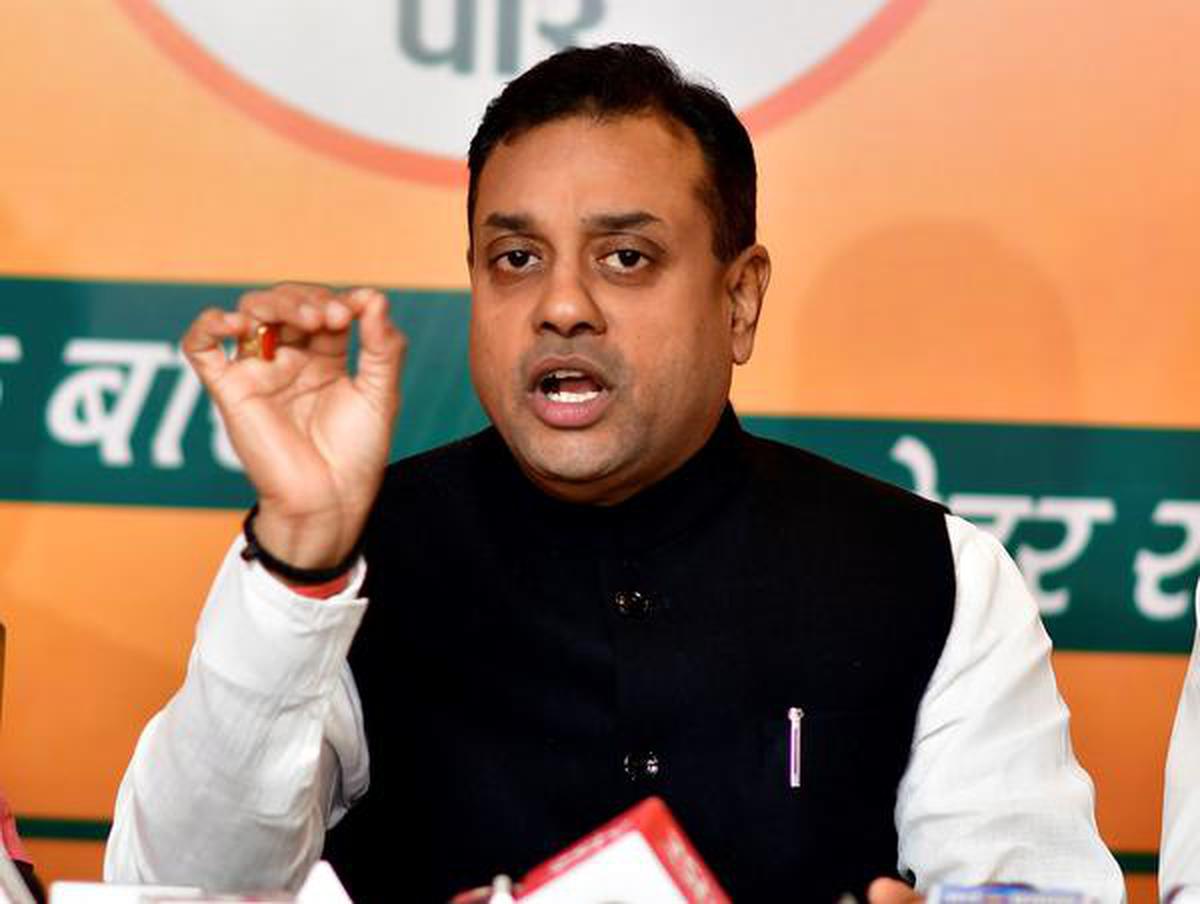Chennai: Describing the recent military skirmish between India and Pakistan as ‘playing a game of chess’, Chief of Army Staff (COAS) General Upendra Dwivedi on Saturday said the Indian forces were not aware of what Pakistan’s ‘next move’, and called it a ‘greyzone’, which means that one may not go for ‘conventional operations’.
What the Indian forces did was ‘just short’ of a conventional operation, General Dwivedi said, adding that they were making chess moves. Without naming Pakistan, he said the enemy was also making chess moves, adding that the Indian forces were giving them ‘checkmates’, while somewhere they were ‘going for the kill’.
The Army chief made the remarks during an event at IIT Madras.
He also mocked Pakistan’s claim that it won during the recent military skirmish. “If you ask a Pakistani whether you lost or won, he’d say my chief has become a field marshal. We must have won only, that’s why he has become a field marshal,” he said.
General Dwivedi said the top military brass and the political leadership held a meeting on April 23, a day after the deadly terror attack in Jammu and Kashmir’s Pahalgam, where Defence Minister Rajnath Singh said, ‘enough is enough’ and gave the armed forces a free hand to ‘decide what is to be done’.
All three chiefs were very clear that something had to be done, he said.
“That is the kind of confidence, political direction, and political clarity we saw for the first time… That is what raises your morale. That is how it helped our army commanders-in-chief to be on the ground and act as per their wisdom,” he said.
On April 25, he said the military top brass visited the Northern Command, and “planned, conceptualised and executed the seven targets out of the nine that were destroyed.”
“On April 29, we met the Prime Minister for the first time… It is important to note how a small name, Operation Sindoor, connects the whole nation… That is something which galvanised the whole nation,” he said, “that is the reason the whole nation was saying Why have you stopped? That question was being asked, and it has been amply answered.”






